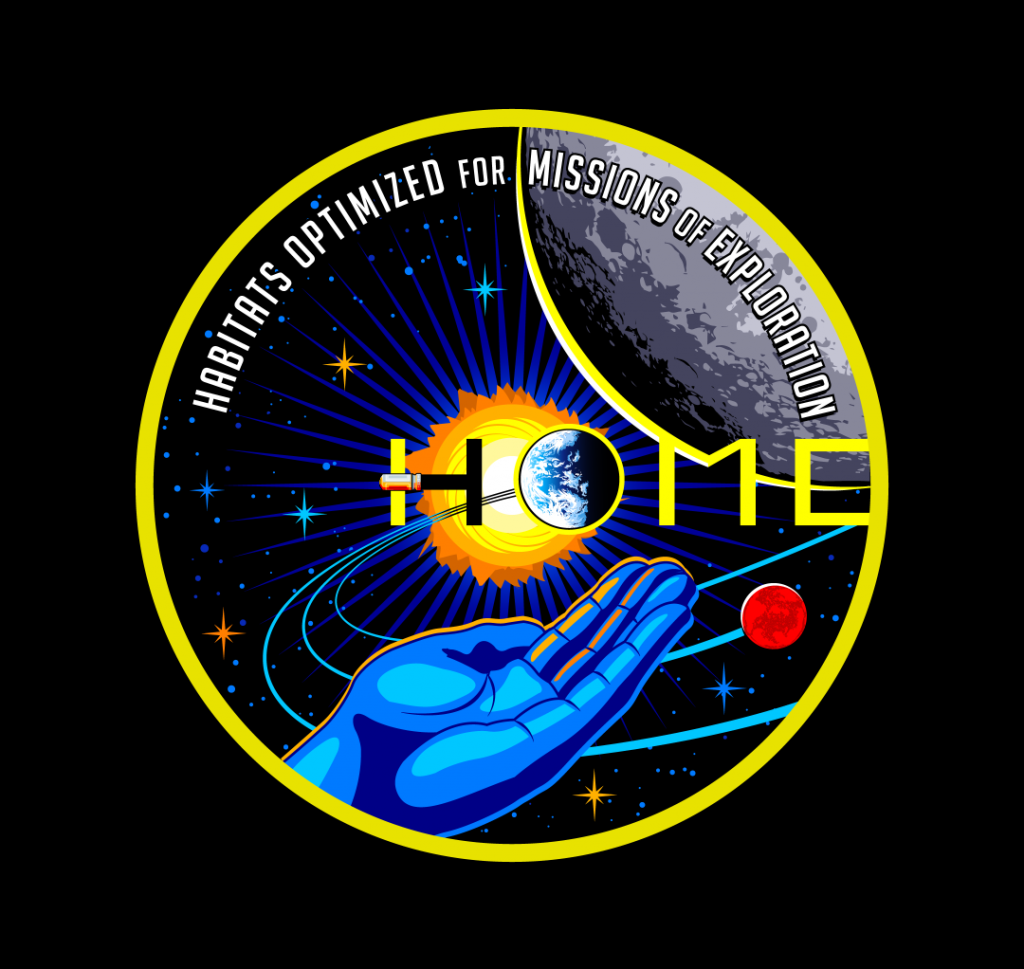The state-of-the-art in preventive maintenance (PM) and condition-based maintenance (CBM) is very rich and has been studied extensively. However, one of the major limitations of actually implementing many of these models is a byproduct of mathematical convenience/elegance. The resulting maintenance schedules are often rigid and unrealistic. In reality, maintenance schedules need to be adaptable. This requires a streamlined integration between diagnostics and prognostics with MRO optimization models – optimization models that consider system/component stochasticity and uncertainty as well as the variety of strategies spanning classic corrective replacement to opportunistic repairs and component cannibalization.
Separately optimizing MRO and spare part logistics always yields either excessive overstocking and obsolescence or mission-critical stockouts and shortages. It is, therefore, necessary to jointly optimize spare parts logistics in light of planned MRO activities and schedules. Historically, joint maintenance and service parts inventory models have been limited to PM policies, often incorporating rigid assumptions regarding demand (e.g. failures are random) with little account for component reliability. To ensure autonomy, spare parts provisioning policies need to leverage long-term life predictions, reliability (systems and their components), onboard maintenance scheduling, and space vehicle payload constraints (mass and volume). This requires a tight coupling between maintenance scheduling, spare parts provisioning and operational requirements, such as derating operations to prolong operational life and compensate for longer than usual lead-times.


